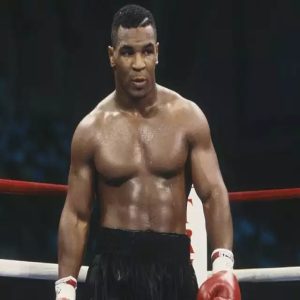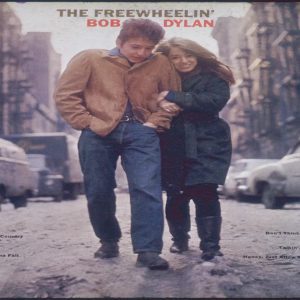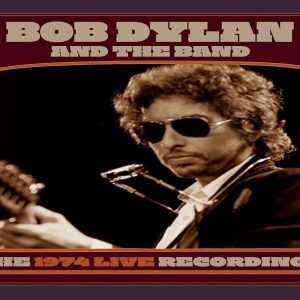Linda Ronstadt uniquely defined the 1970s music era through her powerful fusion of genres, trailblazing female artistry, and emotive vocals that shaped rock, pop, and country landscapes. Her influence transcended charts, challenging gender norms and setting benchmarks for vocalists.
How Linda Ronstadt Defined the Era
Ronstadt became the era's icon by dominating the crossover scene, blending rock, pop, and country in hits like "You're No Good." As a female bandleader and solo artist, she shattered stereotypes, empowering women in music and influencing acts like The Eagles. She topped charts for over a decade, selling 100 million records worldwide and earning 10 Grammys, solidifying her as a cultural force during rock's golden age.
Her Style Secrets
- Genre Fusion: She masterfully integrated rock grit, country storytelling, and pop melodies, creating accessible yet innovative sounds.
- Artistic Authenticity: Ronstadt chose songs with emotional depth, prioritizing raw expression over commercial trends.
- Visual Presence: Her relatable, jeans-and-tee style highlighted everywoman appeal, contrasting with flashy contemporaries.
Voice Secrets Unveiled Fast
Ronstadt's voice combined technical brilliance with soulful delivery. Key secrets include:

- Wide Vocal Range: Spanning over four octaves, allowing dynamic shifts from soft whispers to powerhouse belts.
- Perfect Pitch Control: She used diaphragmatic breathing for sustained notes and flawless intonation.
- Emotional Phrasing: Infusing lyrics with personal vulnerability, as in "Blue Bayou," to connect deeply with listeners.
Ronstadt's legacy endures, proving how artistry and innovation can define an era without compromise.












